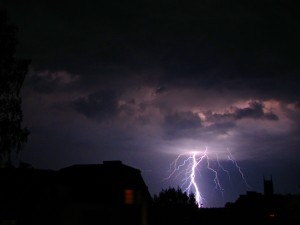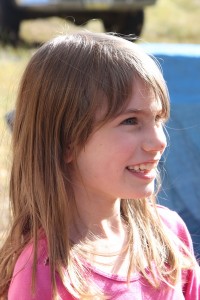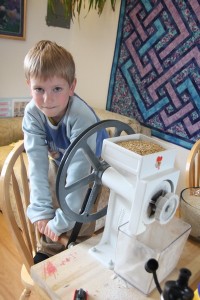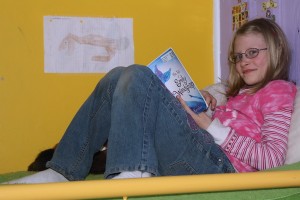This is the first year I’ve brought poems to the Pioneer (4th-6th grade) classroom, along with the Mentors (7th & 8th), so I wanted their first experience to be fun. As in, funny-fun. Obvious-fun.
I’ve sometimes let the poems for the older kids be serious, and the sort that maybe half won’t “get,” because I know we’ll have the next round to be more generally accessible.
But this time I pulled everything from Shel Silverstein’s Where the Sidewalk Ends.
We addressed how our level of self-discipline can affect other people:
THE ACROBATS
I’ll swing
By my ankles,
She’ll cling
To your knees
As you hang
By your nose
From a high-up
Trapeze.
But just one thing, please,
As we float through the breeze–
Don’t sneeze.
We laughed about the ways we can cause trouble for ourselves by lack of self-discipline:
CAPTAIN HOOK
Captain Hook must remember
Not to scratch his toes.
Captain Hook must watch out
And never pick his nose.
Captain Hook must be gentle
When he shakes your hand.
Captain Hook must be careful
Openin’ sardine cans
And playing tag and pouring tea
And turnin’ pages n a book.
Lots of folks I’m glad I ain’t–
But mostly Captain Hook!
The most interesting part (for me) came when we began to discuss this poem:
IT’S DARK IN HERE
I am writing these poems
From inside a lion,
And it’s rather dark in here.
So please excuse the handwriting
Which may not be to clear.
But this afternoon by the lion’s cage
I’m afraid I got too near.
And I’m writing these lines
From inside a lion,
And it’s rather dark in here.
This time when I asked the students how they thought this poem incorporated or spoke to self-discipline, none of them went where I’d expected.
Every brave soul who spoke up in four classrooms’ worth of 4th-8th graders suggested that the speaker had displayed poor self-discipline by standing too close to the lion’s cage and getting him- or herself eaten. (“How careless of you!”)
And while I can totally see that interpretation, it wasn’t where I’d meant to take the discussion when I picked three different poems for three different arenas of self-discipline.
“For me,” (I told the students), “this last poem represents incredible self-discipline because this person cares enough about writing their poems to keep writing them from *inside a lion*!
That’s some dedication for you.
I asked them if they’d ever had a want that motivated them to do something even when no one else was making them do it. Something from inside.
~
I have a name, a metaphor, for mine.
I call it my badger. I say I have a badger inside me that needs regular feeding to keep it happy and peaceful. Sometimes it can feel really uncomfortable if that badger is neglected too long. I can feel *yuck* or off, sometimes torn up on the inside, like that badger is fighting to be noticed, to be fed or taken care of.
~
“It’s that badger I’m thinking about,” I told the kids, “When I give up time doing some kinds of things to focus on the other projects that are important to me. That’s what I think about when I see that kid writing “from inside a lion,” because that kid is seriously motivated. We can call it self-discipline, and it is, but self-discipline isn’t particularly about giving up fun stuff. Sometimes it’s about focusing on something even more important.”








